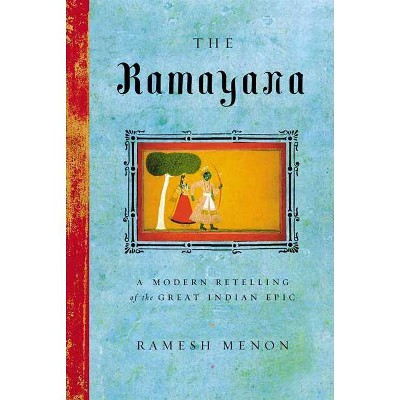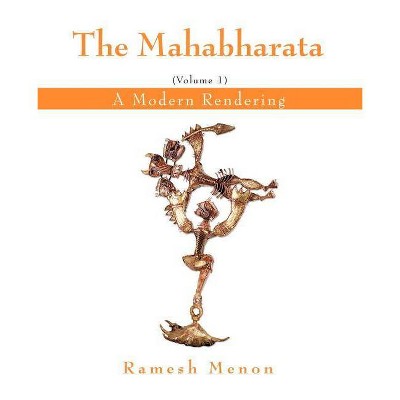Choices - (Geopolitics in the 21st Century) by Shivshankar Menon (Hardcover)
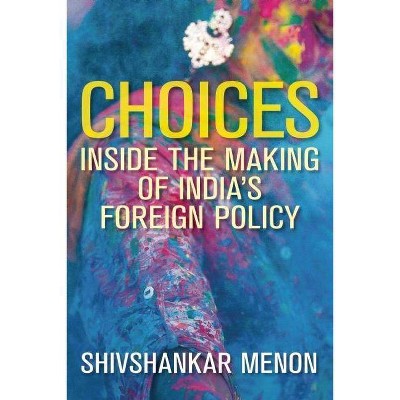
Similar Products
Products of same category from the store
AllProduct info
<p/><br></br><p><b> Book Synopsis </b></p></br></br><p><i>A look behind the scenes of some of India's most critical foreign policy decisions by the country's former foreign secretary and national security adviser.</i></p> <p>Every country must make choices about foreign policy and national security. Sometimes those choices turn out to have been correct, other times not. In this insider's account, Shivshankar Menon describes some of the most crucial decisions India has faced during his long career in government--and how key personalities often had to make choices based on incomplete information under the pressure of fast-moving events.</p> <p>Menon either participated directly in or was associated with all the major Indian foreign policy decisions he describes in Choices. These include the 2005-08 U.S.-India nuclear agreement; the first-ever boundary-related agreement between India and China; India's decision not to use overt force against Pakistan in response to the 2008 terrorist attacks in Mumbai; the 2009 defeat of the Tamil rebellion in Sri Lanka; and India's disavowal of the first-use of nuclear weapons. Menon examines what these choices reveal about India's strategic culture and decisionmaking, its policies toward the use of force, its long-term goals and priorities, and its future behavior.</p> <p><i>Choices</i> will be of interest to anyone searching for answers to questions about how one of the world's great, rising powers makes its decisions on the world stage, and the difficult choices that sometimes had to be made.</p><p/><br></br><p><b> From the Back Cover </b></p></br></br><p>Every country faces difficult decisions in foreign policy and national security. Sometimes those choices turn out to be correct, other times they do not. In this insider's account, Shivshankar Menon describes some of the most crucial scenarios India has faced during his long career in government--and how key personalities often had to make choices based on incomplete information under the pressure of fast-moving events.</p> <p>Menon either participated directly in or was associated with all the major Indian foreign policy decisions he describes in <i>Choices</i>. These include the 2005--08 U.S.--India nuclear agreement; the first-ever boundary-related agreement between India and China; India's decision not to use overt force against Pakistan in response to the 2008 terrorist attacks in Mumbai; the 2009 defeat of the Tamil rebellion in Sri Lanka; and India's disavowal of the first-use of nuclear weapons. Menon examines what these choices reveal about India's strategic culture and decisionmaking, its policies toward the use of force, its long-term goals and priorities, and its future behavior.</p> <p><i>Choices</i> will be of interest to anyone searching for answers to questions about how one of the world's great rising powers confronts and arrives at decisions on the world stage, and the tough choices that sometimes have to be made.</p><p/><br></br><p><b> Review Quotes </b></p></br></br><br><p>Shivshankar Menon's <i>Choices</i> is a short book concentrating on five major challenges that Indian leaders have had to confront since independence, chosen because he was involved in all of them. It is written simply and powerfully. As Ambassador, High Commissioner, Foreign Secretary, and National Security Adviser, Menon played roles that were not insubstantial, but he writes with modesty and objectivity. The last chapter of the book begins with a quote from Mahatma Gandhi that True power speaks softly. It has no reason to shot. That describes not just Menon but also the India he portrays.--George Yeo, former Foreign Minister, Singapore</p><br><br><p>This is a must-read for anyone interested in how at least one of India's most sophisticated geopolitical and security thinkers sees the world, India's place in it, and its relationship with the United States.--Vipin Narang, War on the Rocks</p><br><br><p>Finally an authoritative, accessible, and analytical account of contemporary Indian foreign policy, written with sophistication and style. Menon's exposition of five key choices is absolutely required reading for anyone interested in why India does what it does. It has no peer.--Kanti Bajpai, Wilmar Chair in Asian Studies, Lee Kuan Yew School of Public Policy, National University of Singapore</p><br><br><p>Menon's book is an excellent and authoritative guide to how some of the stars in India's foreign-policy leadership think about the inevitable trade-offs they deal with.--Teresita C. Schaffer, <i>Survival</i></p><br><br><p>Shivshankar Menon brings coherence, insight, and narrative verve to crucial episodes in India's emergence over the 40-plus years that span his distinguished and eclectic career. Many of the choices he writes about benefited from his own sagacity. In addition to his skill as a diplomat and policymaker on behalf of his own country, he has a rare gift of understanding the sources of other countries'sense of their own aspirations, interests, and anxieties. These virtues make for a brilliant contribution to the annals of international relations.<br>--Strobe Talbott, President, Brookings Institution and former U.S. Deputy Secretary of State</p><br><br><p>Written by one of India's premier foreign policy intellectuals and practitioners since the country's independence, Shivshankar Menon's brilliant analysis shines a powerful beam into the shadows of Indian government decisionmaking in recent years. An indispensable book for anyone who wants to understand Indian foreign policy--past, present, and future.--Robert Blackwill, former United States Ambassador to India<p><br><p/><br></br><p><b> About the Author </b></p></br></br><p><b>Shivshankar Menon</b> is a former foreign secretary and national security advisor to Prime Minister Manmohan Singh of India. He also served as India's ambassador to China, Sri Lanka, Israel, and Pakistan. He is presently a distinguished fellow at the Brookings Institution and chair of the Advisory Board of the Institute of Chinese Studies in New Delhi India.</p>
Price History
Price Archive shows prices from various stores, lets you see history and find the cheapest. There is no actual sale on the website. For all support, inquiry and suggestion messages communication@pricearchive.us
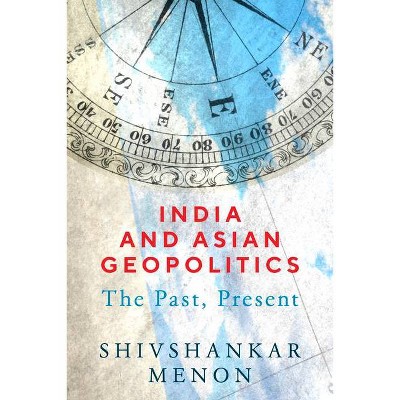
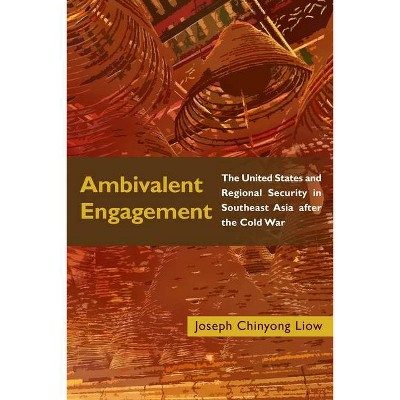
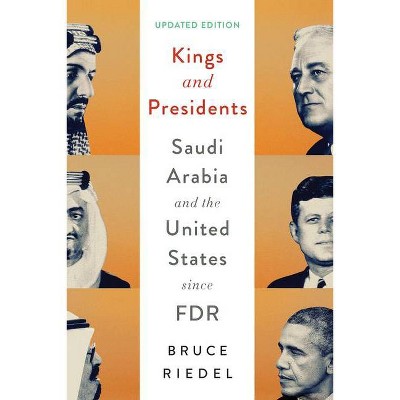
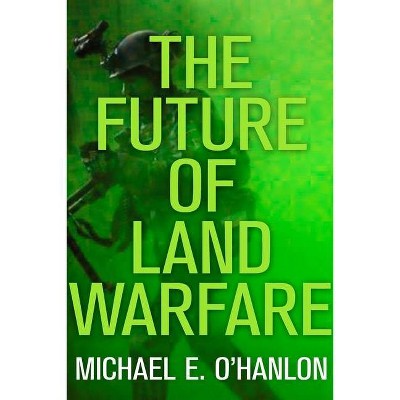

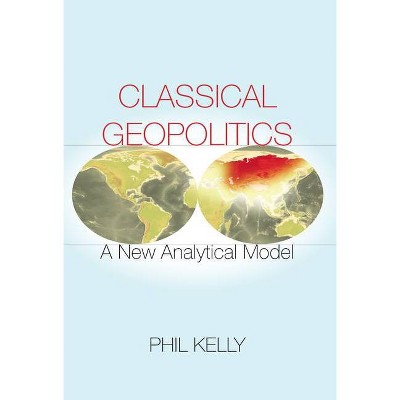
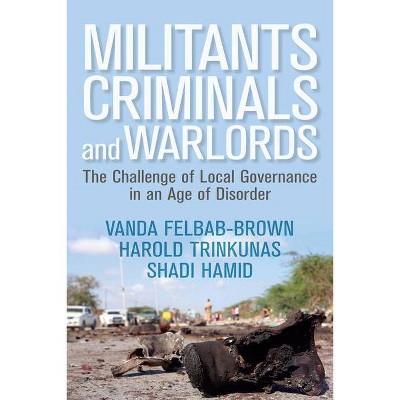
![The Complete Mahabharata [1] Adi Parva - by Ramesh Menon (Hardcover)](https://target.scene7.com/is/image/Target/GUEST_a372a5b3-a583-47ac-8d99-d96939fed6a3)
